Together with future generations – Voices for Choices local event
Past event In person - Prato, Italy
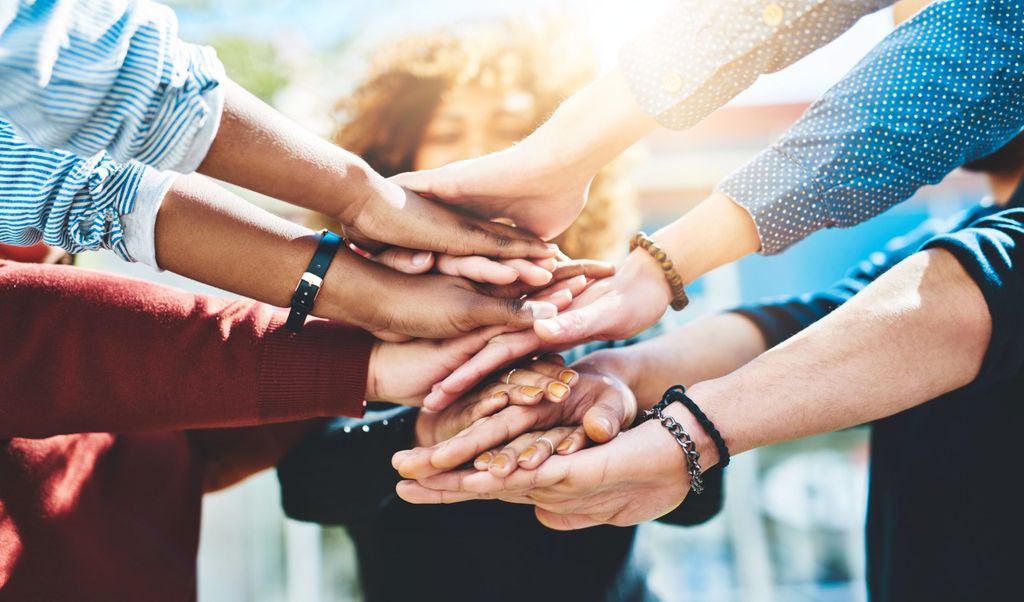
- Area of Expertise
- Democracy
Democracy

Executive Director of the Estonian Centre for International Development (ESTDEV), former EU Sherpa, and 2015-2016 European Young Leader (EYL40)
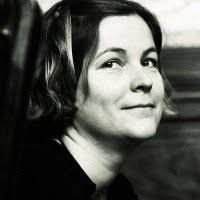
Senior Programme Expert at Friends of Europe
Children of our age
Klen Jäärats, Executive Director of the Estonian Centre for International Development, former director for EU Affairs at the Office of the Prime Minister of Estonia and EYL40
In my lifetime of 47 years, 1 May and 9 May have had very different meanings. Paradoxically, what we now celebrate as Europe Day, we used to celebrate with Orwellian military parades that, in essence, were not about victory, but signified the loss of our peace, independence, freedom and country. Often, we celebrated not the end of suffering, but the beginning. Even my generation has lived through two opposite political systems, two opposite economic, property and trade systems, three currencies, the hardest of borders at both ends of our country, and the most closed as well as most open global systems. And now also both sides of the Cold War in Europe. Polish poet Wisława Szymborska famously said that “We are children of our age, it’s a political age”.
We must ensure that our celebrations of today do not become our commemorations of tomorrow
It has been said that the most expensive way to learn is through one’s own experience, and we have learned a lot along the way. In fact, we seem to relish learning lessons we already know and watch history repeat the same mistakes over and over. It has strengthened us and made us perversely optimistic – we can give but also take a lot. My parents saved their whole lives until I reached adulthood and all I got was €10 worth of savings after the collapse of USSR. So, a budget or salary cut of 30% during the Euro crisis and inflation of over 20% post-COVID-19 were deemed acceptable. Welcoming the same number of refugees from Ukraine as those who sailed from Estonia to Sweden in 1944 was deemed equally acceptable. Up until recently, we also accepted an allied military doctrine according to which, in the event of war, we would endure a situation resembling Donetsk and Lugansk, under the condition that the duration of such turmoil would be theoretically shorter than our previous experiences of conflict. Life here, at the northeastern tip of Europe, still feels like constantly living on on at the edge of knife, while the clock is ticking. We used to say that this is ‘Estonian time, but Moscow’s clock’. Whose clock is it – or will it be – now? Besides, the kids are doing well and are happy.
We pressed ahead and reformed so hard that, despite being told ‘No, Nein, Non, Njet‘ so many times, we were able to take advantage of our window of opportunity to get our foot in the door, and we made it. We ran for Schengen and the Euro even when they were on the verge of collapsing and are still progressing in world rankings on the rule of law, education, corruption (or lack thereof), among others, and there is an acute awareness that things have never been better. We have been a European ‘textbook case’ in keeping our budget balanced and military expenditure at 2% of GDP – now over 3%, we did not believe in the peace dividend and maintained conscription, all-encompassing readiness and our Defence League. But there is an acute awareness that it could be gone in a week, which has never left us. This has made us proposing defence bonds, cyber resilience, connectivity, digital single market and free movement of data for Europe. So we must ensure that our celebrations of today do not become our commemorations of tomorrow. In Estonian the word ‘eternity’ (igavik) and ‘boredom’ (igavus) share the same root, neither of which is unfortunately yet in sight. As long as we continue to celebrate 9 May as Europe Day and not ‘Victory Day’, all will be well.
The generation of independence
Ringailė Trakymaitė, Senior Programme Expert at Friends of Europe
We are sometimes called the ‘generation of independence’, the ‘children of the barricades’. My brother and I, 15 at the time, spent most of the very cold winter of 1991 by open fires guarding the Lithuanian Parliament from the Soviet troops. We missed school, our clothes smelled of fire, we drank tea prepared by kind people living nearby with other children we met, with strangers we did not know, to keep warm. We all were there for the same reason. From the top of the construction site next to the Parliament, we saw the Soviet tanks roll by heading towards the TV tower. The memories are overwhelming, yet the vibrant sensation in the air and in our heads that we were on the brink of a miracle called freedom still makes us quiver today.
I have no slightest doubt that we all are equally European sharing our joint past and our common future
In 2004, on 1 May, I was very lucky to celebrate the enlargement, which welcomed Lithuania, alongside nine other countries, back to Europe on the Grand Place in Brussels. This happened a couple of days after our welcome into NATO, which did not seem that significant back then. The irresistable sensation that this was the beginning of a new era of peace, of hope, of possibilities, of prosperity, of a new Europe, was empowering. The shadows of wars and death were nowhere to be found, they seemed to be extinct forever. The journey we made since 1991 seemed uncomprehensible.
Yet, in 2024, here we are, standing alongside Ukraine, thinking of the people of Moldova and trying to untangle the puzzle in our heads – how is it that Albania, Montenegro, Serbia, North Macedonia and others are not here with us yet? I have no slightest doubt that we all are equally European sharing our joint past and our common future. I long for the day and for that feeling of unity, peace and hope that I experienced in 2004. May it come soon.
This article is part of a two-part series, which will be concluded on 10 May. The views expressed in this #CriticalThinking article reflect those of the author(s) and not of Friends of Europe.
Past event In person - Prato, Italy

Past event In person
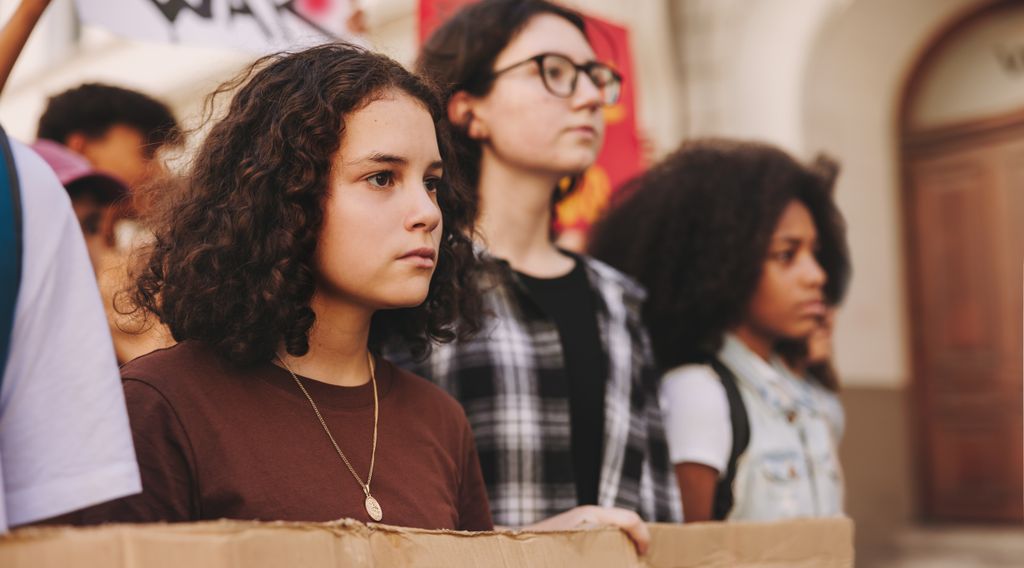
Past event In person, Berlin
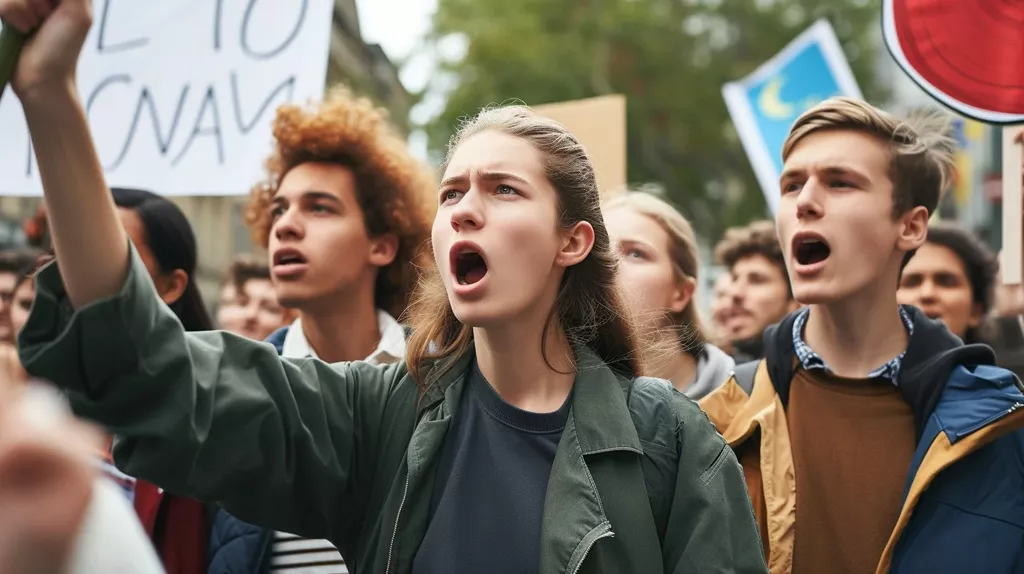
Past event In person
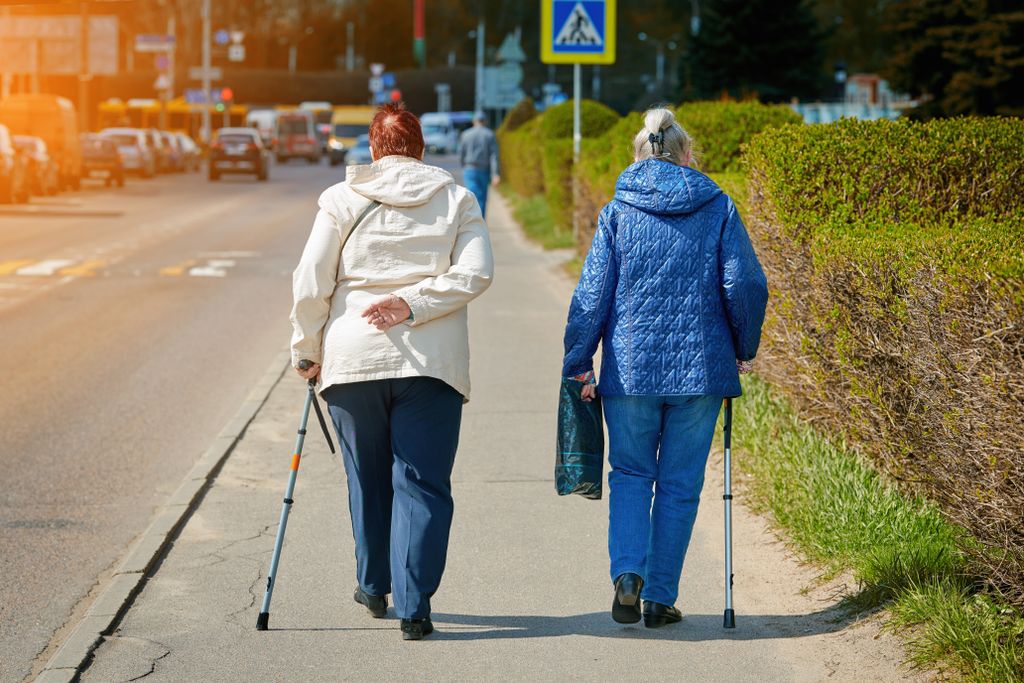
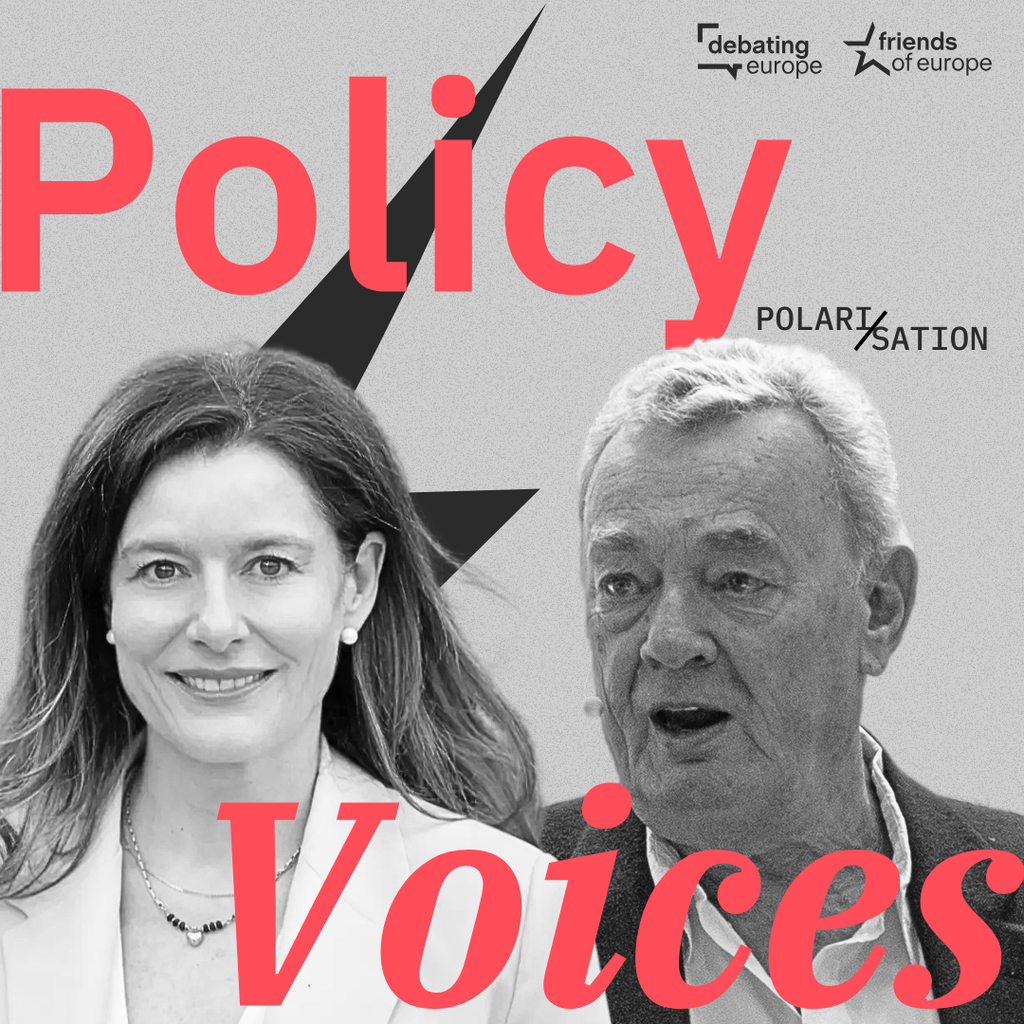
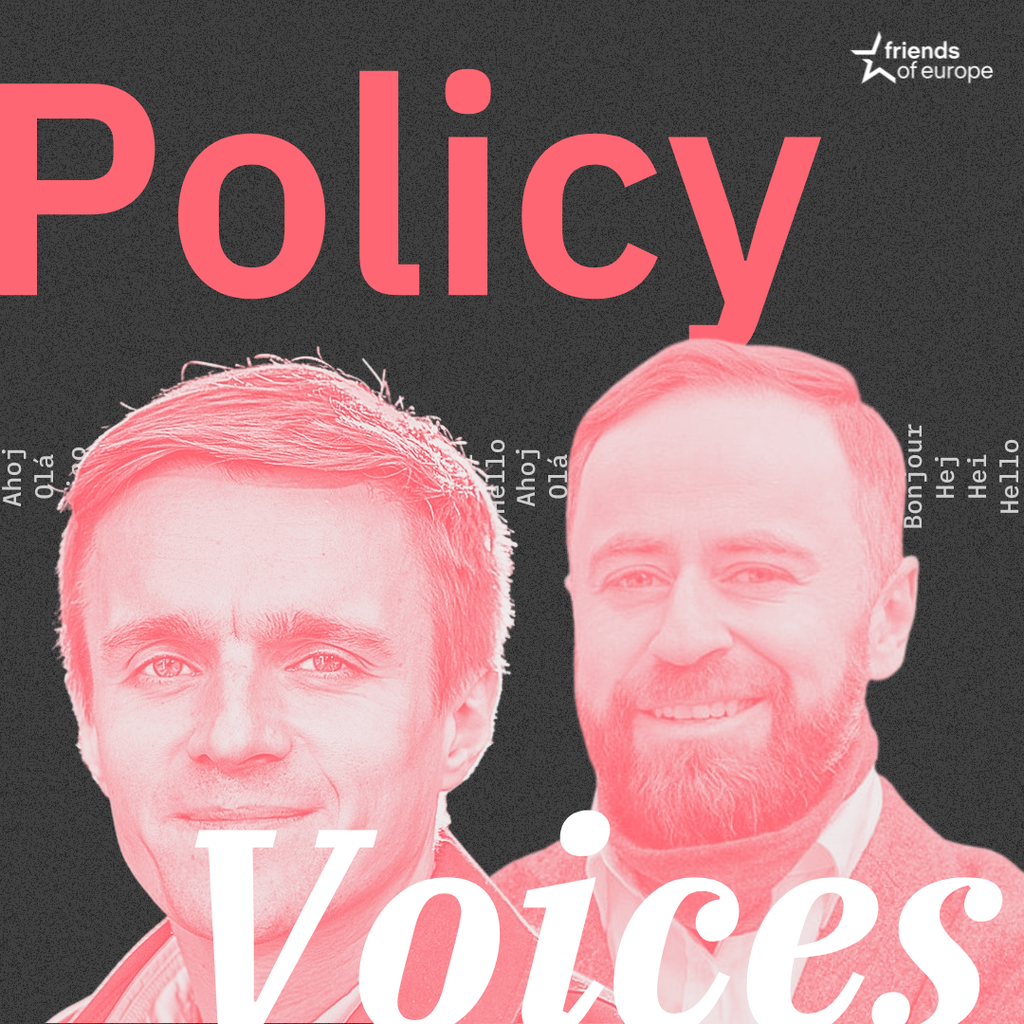
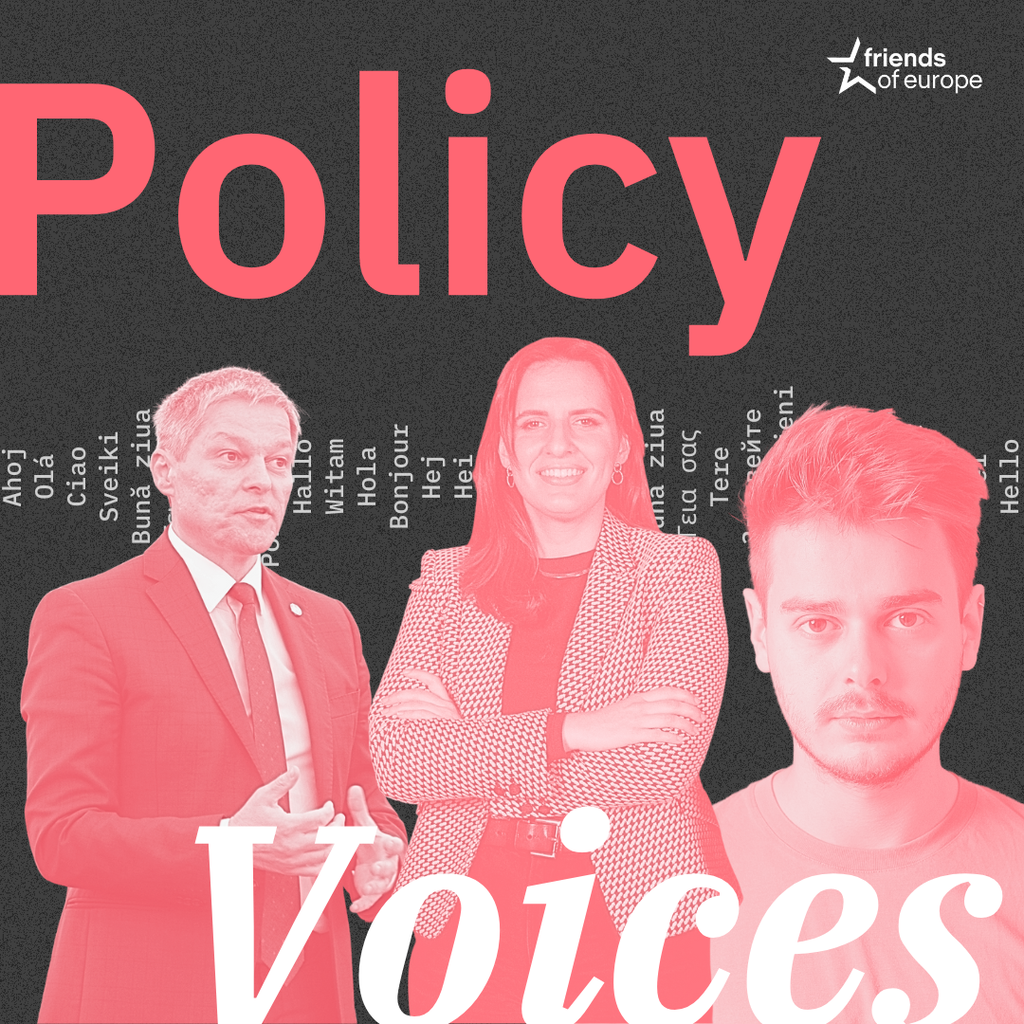
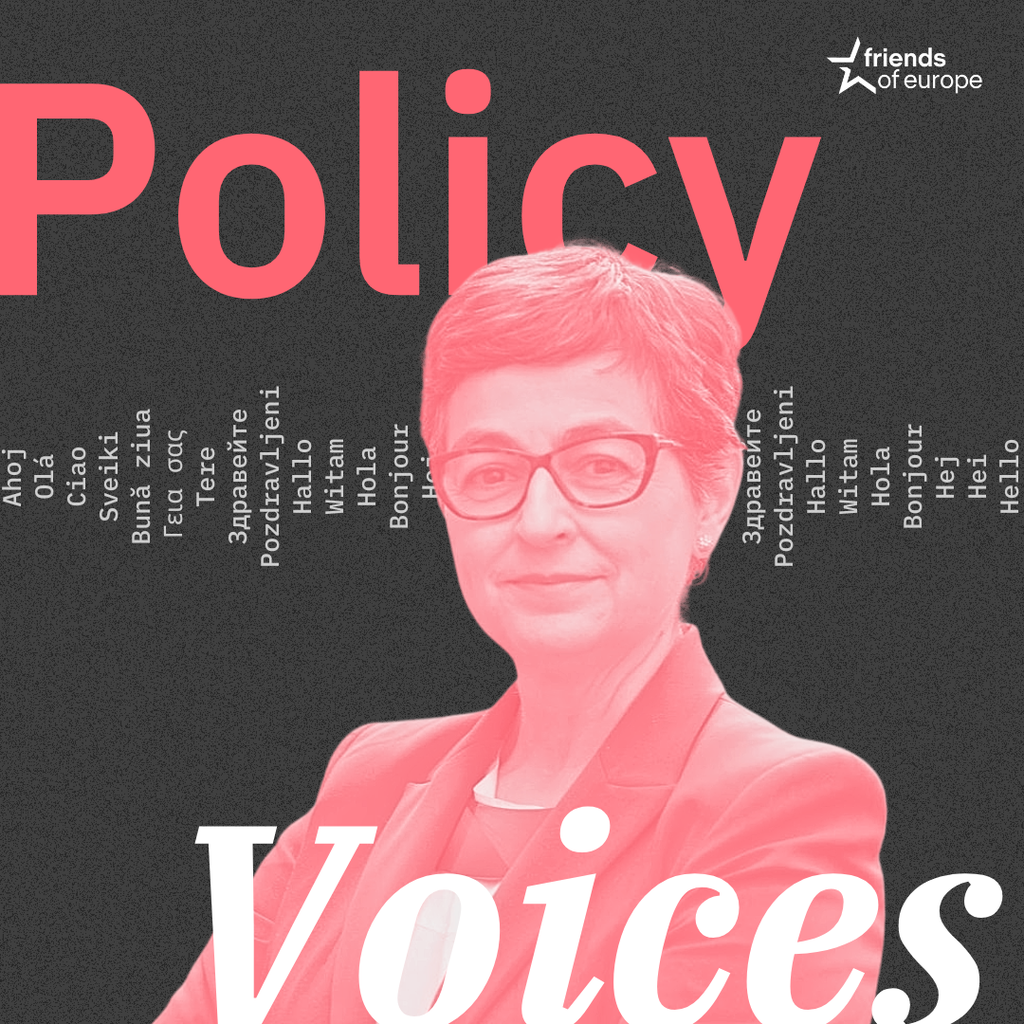
Stay informed
We use cookies and similar technologies to adjust your preferences, analyze traffic and measure the effectiveness of our campaigns. Learn more about our privacy policy.